Yes. Chickens can eat Watermelon. This fruit is helpful, replenishing, healthy, and remarkably valuable for your chickens’ wellbeing. Chickens like watermelon and they enjoy the taste of it. One major problem you tend to experience as a chicken owner or a chicken rearer is what you should and should not feed your chickens with. If you would like to expand your knowledge we have a complete raising chickens guide in our blog.
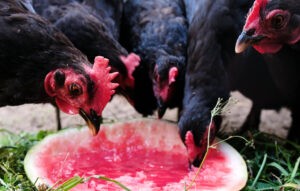
Here is a thoughtfully curated list of the foods your chickens should eat and should not eat.
Your chickens can feed on watermelons, they love the taste of it. However, you must monitor the extent to which your chickens eat this fruit.
Why? Read on!
Nutritional Table For Watermelon.
The chart below illustrates the quantity of each nutrient present in one teacup of watermelon weighing about 151 g.
It also shows how much of each nutrient your chickens need, especially for those over five weeks old.
| NUTRIENTS | AMOUNT IN ONE CUP OF WATERMELON
|
| Energy (calories) | 46.3 |
| Carbohydrate | 11.4 |
| Sugar | 9.1 |
| Phytosterols | 3.0 |
| Fiber | 0.6 |
| Lycopene | 6,967 |
| Calcium | 10.8 |
| Beta carotene | 469 |
| Phosphorus | 16.6 |
| Lutein & zeaxanthin | 12.1mcg |
| Magnesium | 15.7 |
| Vitamin A | 42.9 |
| Potassium | 170 |
| Vitamin C | 12.7 |
Interesting Facts About Watermelons.
There are various species of watermelons. The two most common species are the seed watermelons and the seedless watermelons. Seed watermelons are the species usually found on the African continent. They contain little black seeds (or sometimes dark brown) that bear resemblance to melon seeds. Contrary to beliefs and diverse opinions, the seedless species of watermelons are not altered genetically. They are a crossbred watermelon produced by traversing a watermelon containing 22 chromosomes with another watermelon containing 44 chromosomes.
The outcome is a pure watermelon. These species produce white seeds that are usually immature but perfectly safe for consumption. Watermelons like this were first formulated about forty years ago.
Because this fruit is aboriginal to the African continent, they need hot climates to thrive. Some species need as much as a hundred and twenty warm days to mature and be ready for consumption. Most species of watermelons however mature in eighty to ninety-five days.
According to the Guinness book of world records, the biggest watermelon ever cultivated was grown in Arkansas by a man named Loyd Bright and it weighed two hundred and sixty-eight pounds. This record was made in the year 2005 at the big watermelon contest held at Hope Arkansas.
Watermelons are ninety-one percent water. Early adventurers occasionally took watermelons alongside instead of food and water. Over three hundred species of watermelons are cultivated in the United States of America, though barely sixty varieties are cultivated for grocery shops. Watermelons usually have pale red or deep red flesh, though some watermelons have yellow, green, orange, and sometimes white flesh.
The sweetness of this fruit can be measured on a Brix scale. Most watermelons are usually around 8 – 10 on the Brix scale. China is the largest cultivator of watermelon. The United States Of America ranks third place in the world for watermelon production. Top watermelon cultivating states include Texas, Georgia, California, Florida, and Arizona.
The seeds of watermelon are highly nutritious. It contains high levels of protein, zinc, and magnesium. To optimize the nutrients, it is advisable to chew the seeds before swallowing. The official vegetable in Oklahoma is watermelon. When salt is added to this fruit, the sweetness increases.
Can Chickens Eat Watermelon?
Yes. Chickens can eat watermelon but in moderation. Why?
This is because watermelon contains more water – about ninety-one percent. Too much of this fruit or vegetable could cause diarrhea for your chickens. This can lead to digestive system unrest and even shortened life span.
Can Chickens Eat The Flesh Of Watermelons?
Yes. Your chickens can eat the flesh of watermelon. The flesh of this fruit contains healthy nutrients that can be highly beneficial to your chickens.
To feed your chickens with flesh watermelon, cut the watermelon open and leave it out under a shade. You can squeeze just a tiny amount of mint juice onto the fruit to give it an extra flavor.
Can Chickens Eat The Rind Of Watermelon?
Yes. Chickens can eat the rind of the watermelon. The rind of the watermelon which is the back of the green part is also beneficial for chickens. It supports the role of their circulatory system.
Although chickens can eat the rind of the watermelon, they would likely not do so. Instead, they are more prone to eat the main flesh and the other white part and just peck at the rind instead. This is because the rind of the watermelon is not as tasty as the fruit. It is, however, safe for your chickens’ consumption.
Can Chickens Eat The Seeds Of Watermelon?
Yes. Just like the fruits and rinds of watermelon, chickens can also eat the seeds. The seeds of this vegetable contain a whole lot of benefits and nutrients which include potassium and magnesium. Contrary to popular opinion or beliefs, watermelon seeds can get digested by the chickens and do not in any way harm their digestive systems.
Can Chickens Eat The Leaves Of Watermelon?
Yes. The leaves of watermelon are safe for your chicken as well.
What You Should Know About Watermelon
Watermelon is good for your chickens’ health and full wellbeing. The fruit helps in their growth and development. The nutrients present in watermelon are very beneficial for your chickens, especially the pullets.
Benefits Of Watermelon To Chickens
- Watermelon helps your chickens maintain a cool body temperature during the summer.
- Watermelon instantly rehydrates your chickens.
- Watermelon is a good source of potassium and calcium for your chickens.
In Summary
Watermelon is good for your chickens. You can feed your chickens with any part of watermelon because it contains lots of nutrients, and be sure to utilize your chicken feeder. But be sure to keep it clean after adding anything other than chicken feed to it.
However, your chickens should be fed with watermelon in moderation because the fruit contains plenty of water and too much of it could result in diarrhea for your chickens.

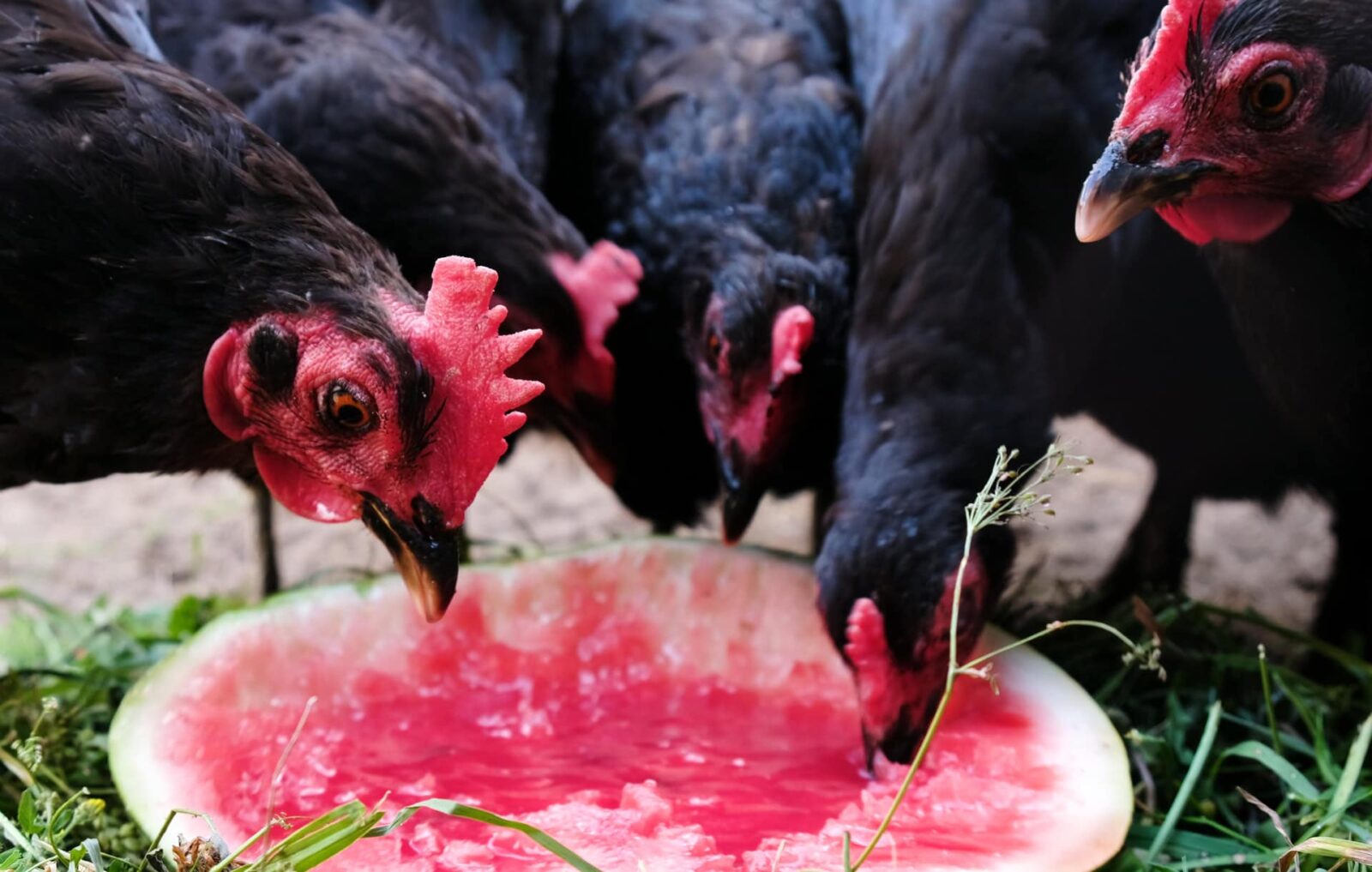
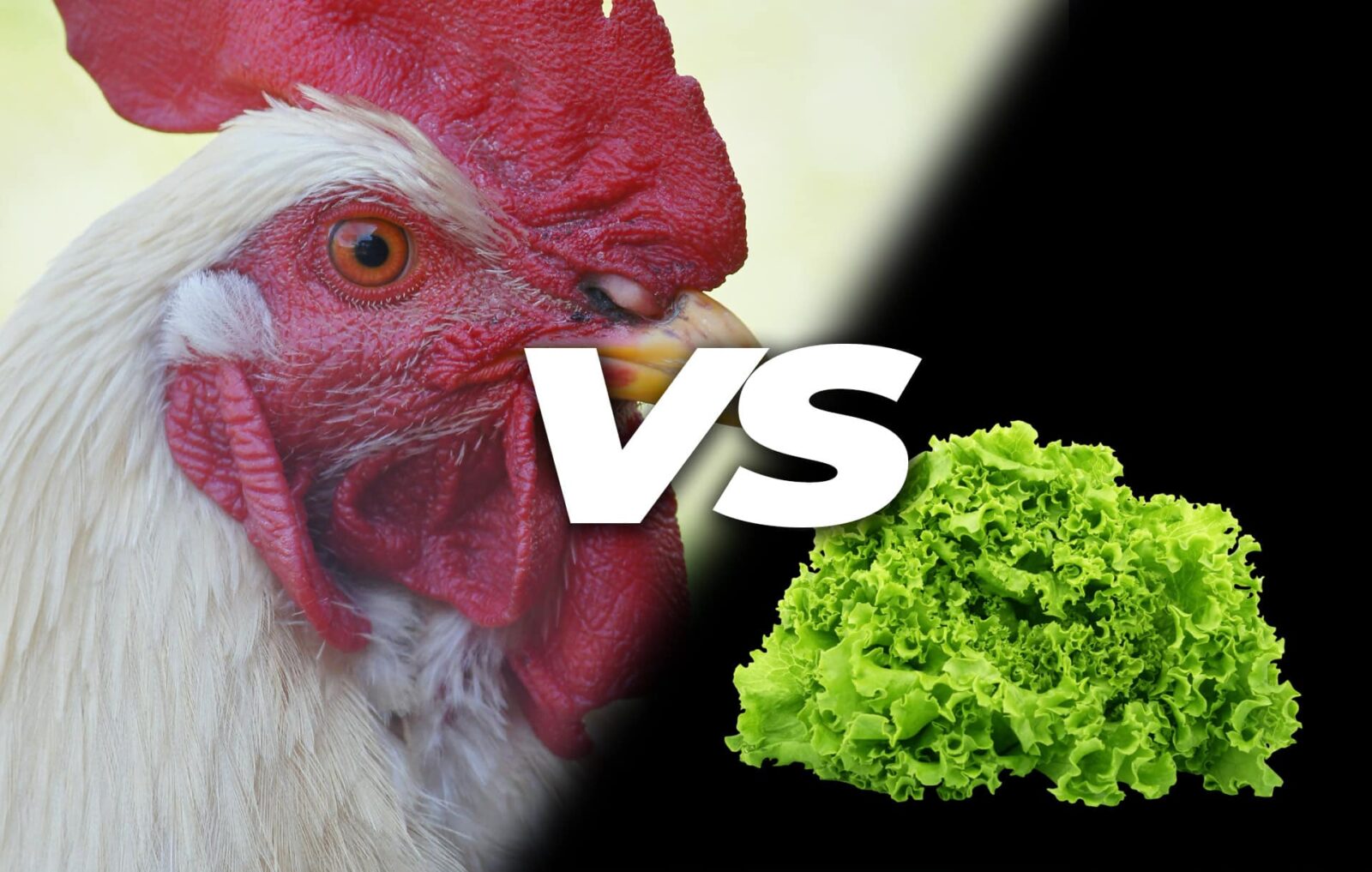
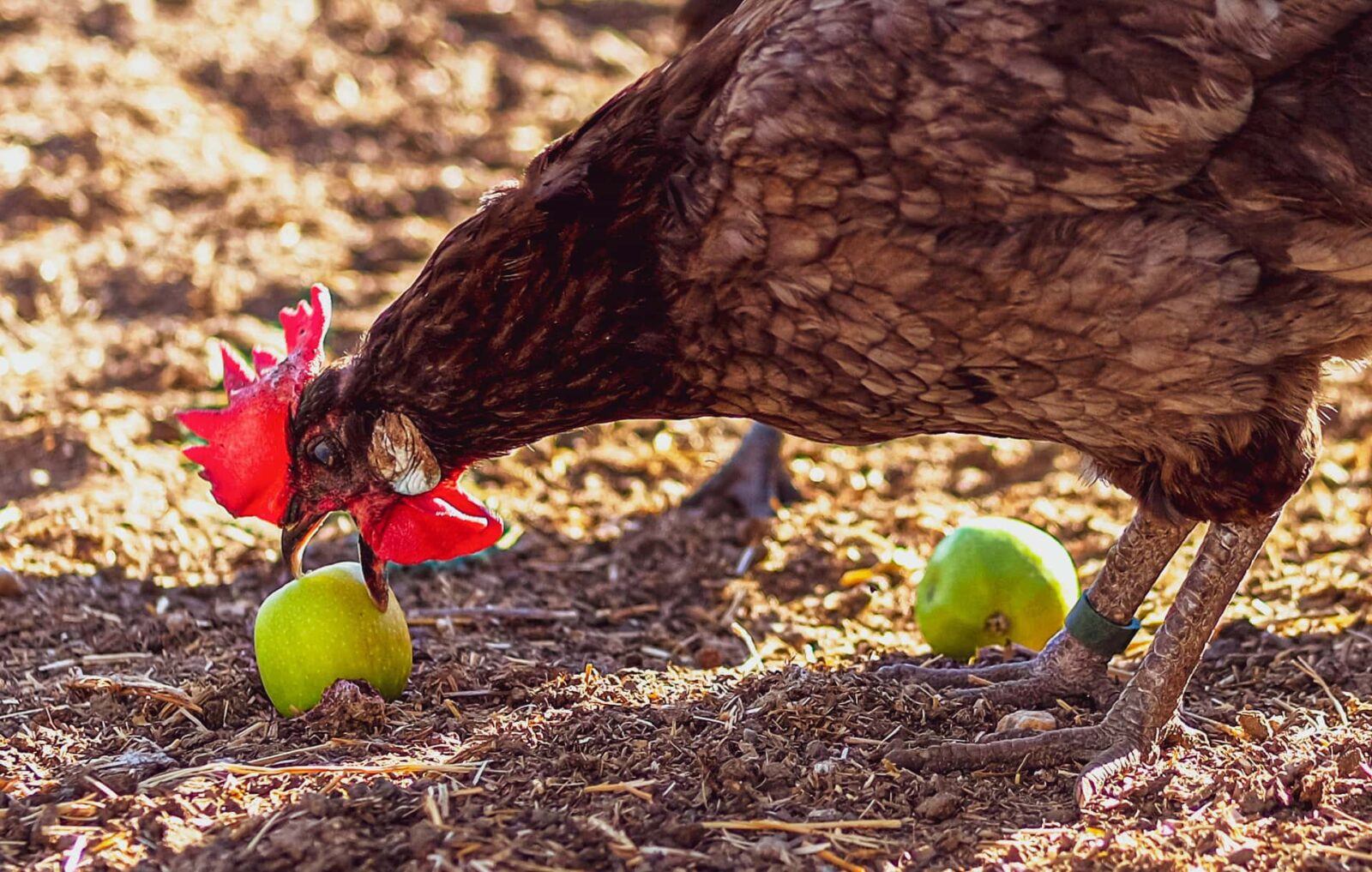
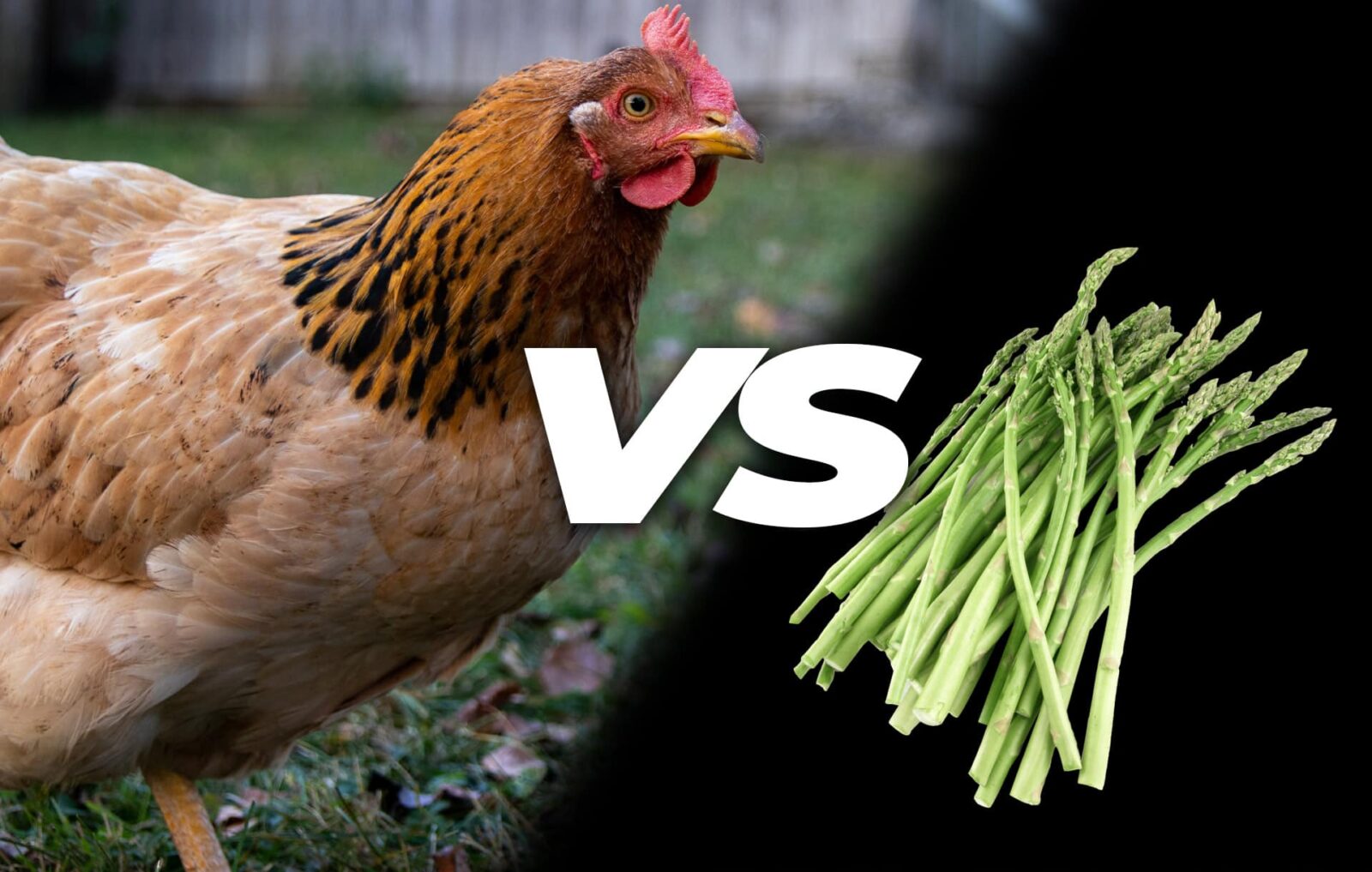


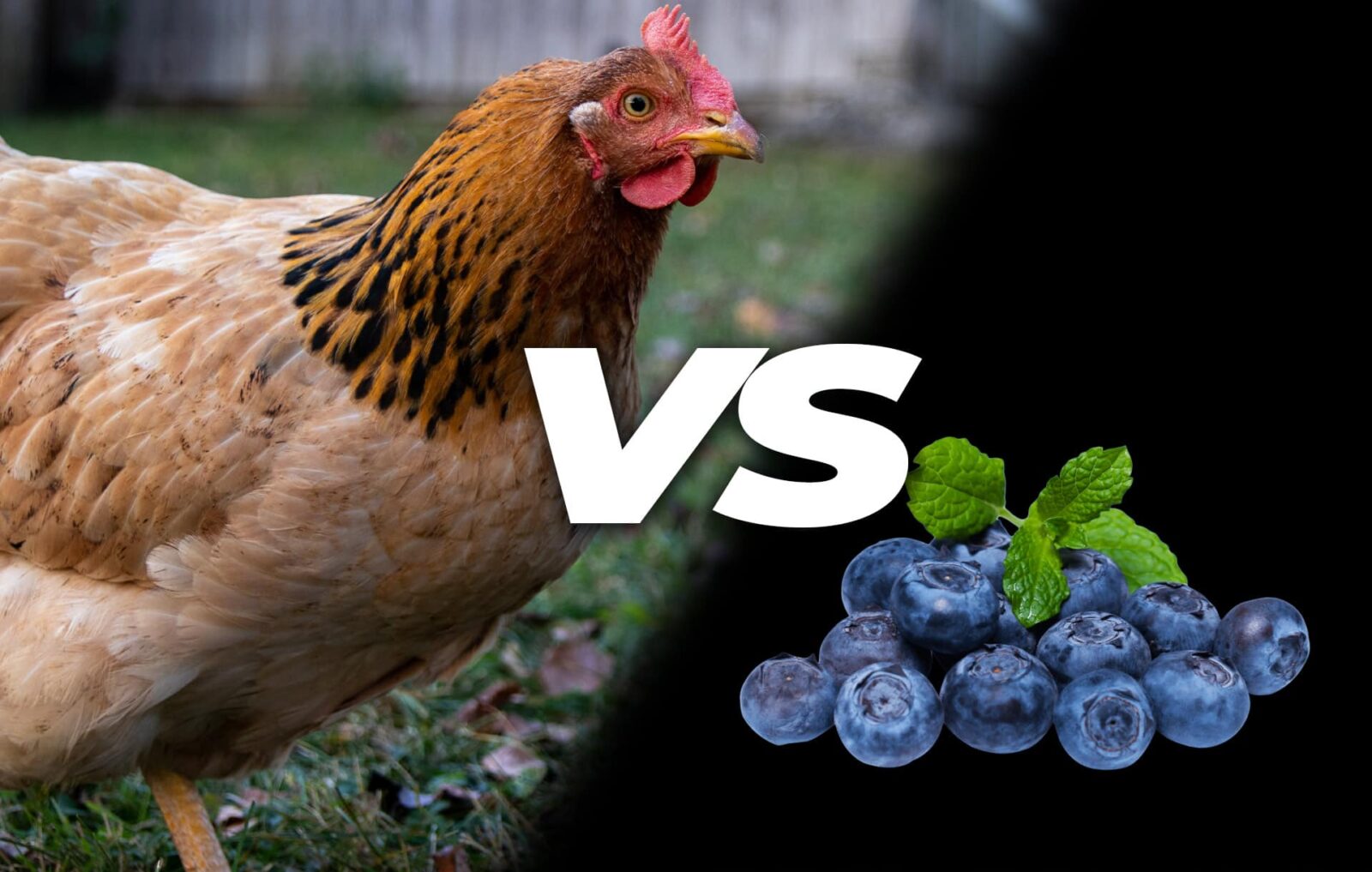
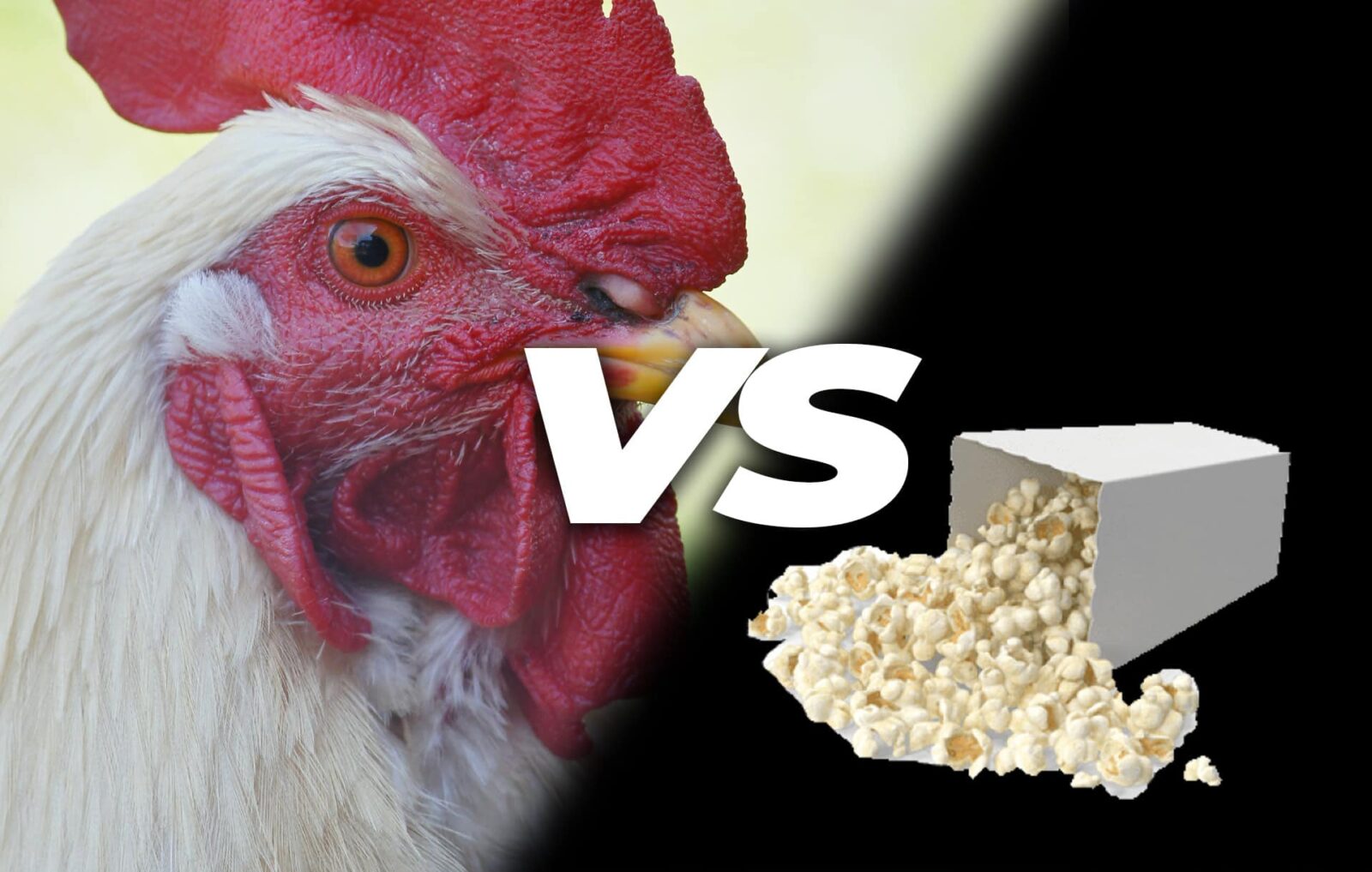
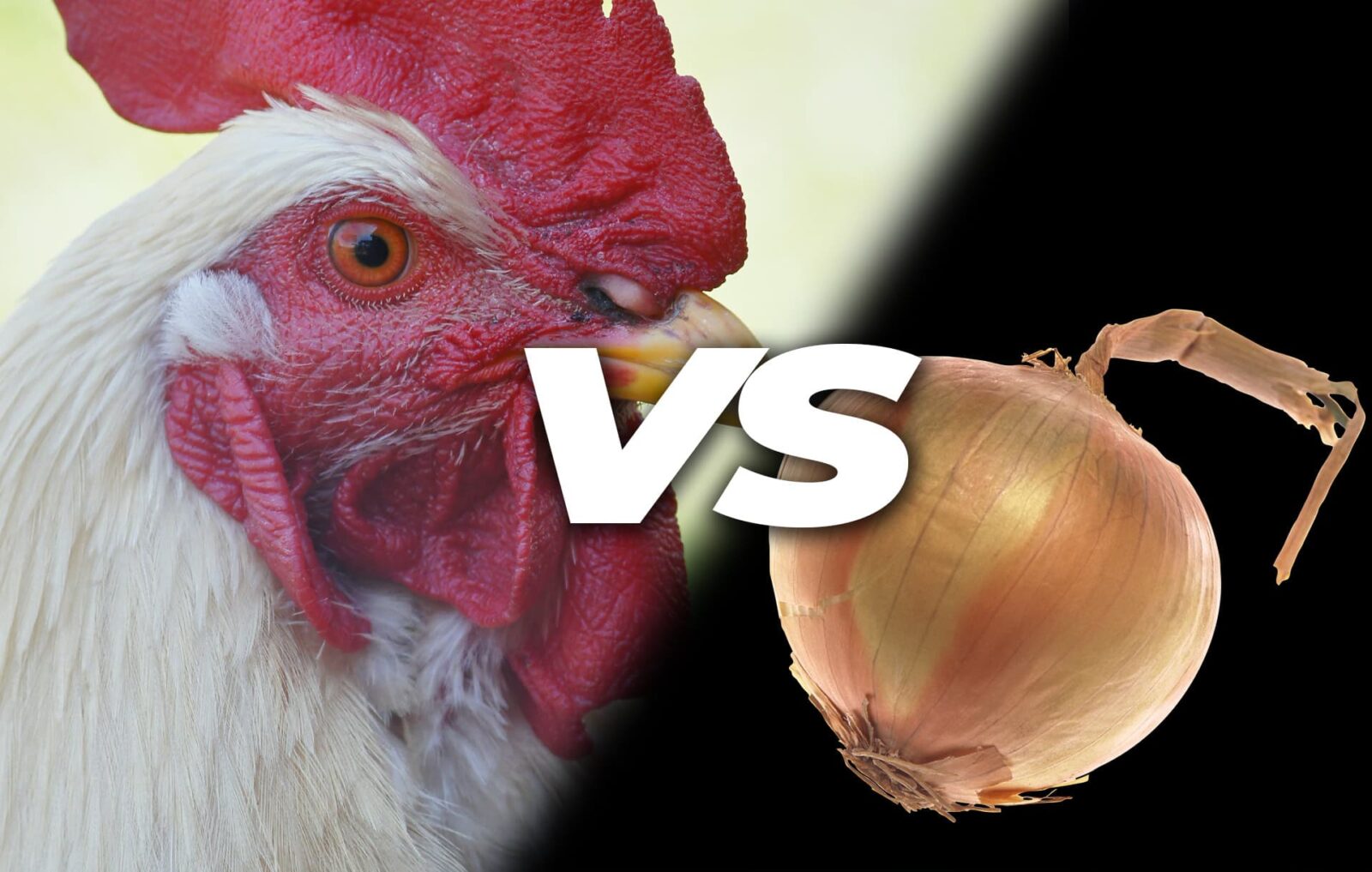

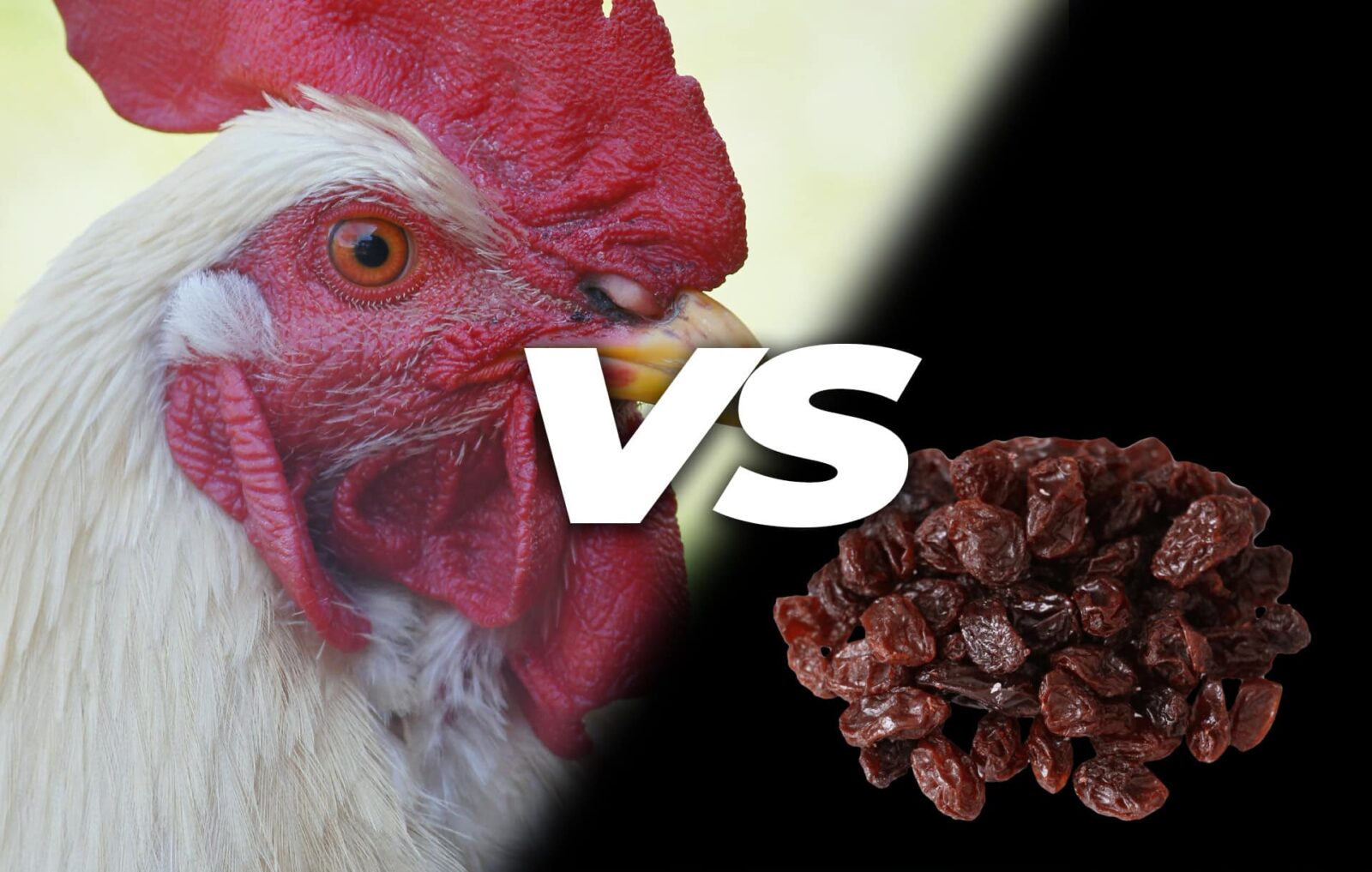

Leave a Reply